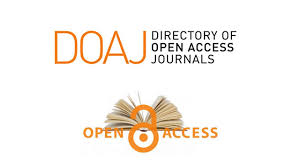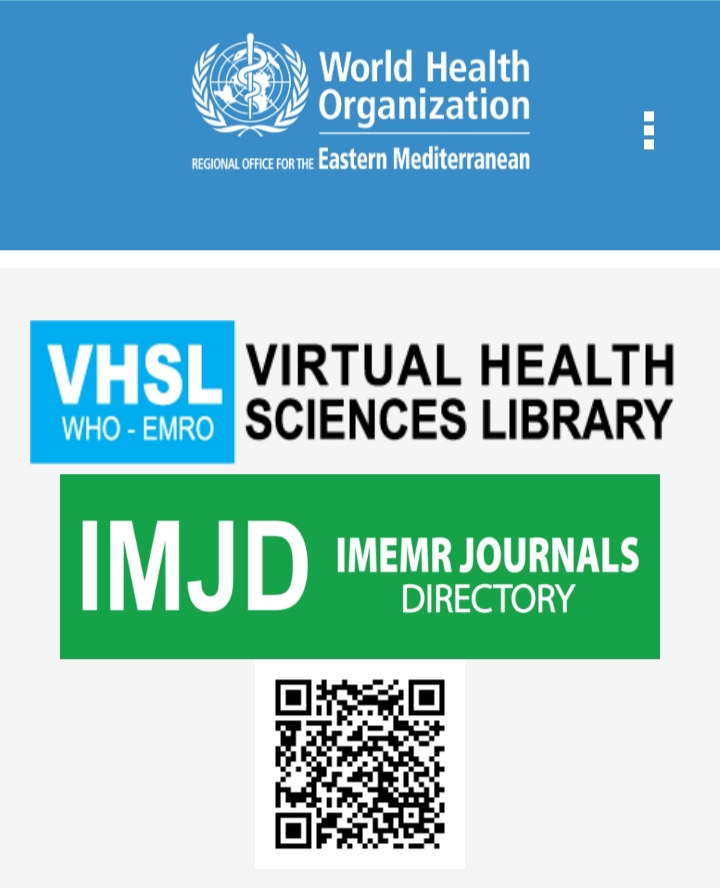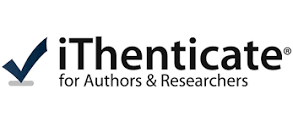Use of DOI
Digital Object Identifier (DOI) Policy
In alignment with international publishing standards and the ethical guidelines set by the Committee on Publication Ethics (COPE), RDENTJ adopts the use of Digital Object Identifiers (DOIs) to promote transparency, integrity, and long-term access to scholarly content.
What is a DOI?
A Digital Object Identifier (DOI) is a unique alphanumeric string assigned to an electronic document by a publisher at the time of its initial publication. The DOI provides a persistent and stable link to the document’s location on the internet, ensuring that the cited resource can always be found—even if its web address changes.
RDENTJ DOI Practices
All articles published in RDENTJ are assigned DOIs to support reliable citation and academic referencing.
Author Responsibilities
-
Authors must include DOIs in the reference list for all cited sources where a DOI is available.
-
When referring to RDENTJ articles (including their own), authors are strongly encouraged to use the DOI link to ensure citation consistency and discoverability.
Reader and Researcher Guidelines
-
Readers are encouraged to use the DOI when sharing or citing RDENTJ articles.
-
Using the DOI ensures accurate attribution, permanent access, and improved discoverability across indexing services and academic databases.
Benefits of Using DOIs
-
✅ Permanent and stable access to the article
-
✅ Consistent and ethical citation practices
-
✅ Improved indexing and retrieval in databases such as PubMed, Scopus, Google Scholar, and CrossRef
-
✅ Support for scholarly transparency and long-term archiving
For more information on how to use DOIs or to look up a DOI, visit https://www.doi.org/







